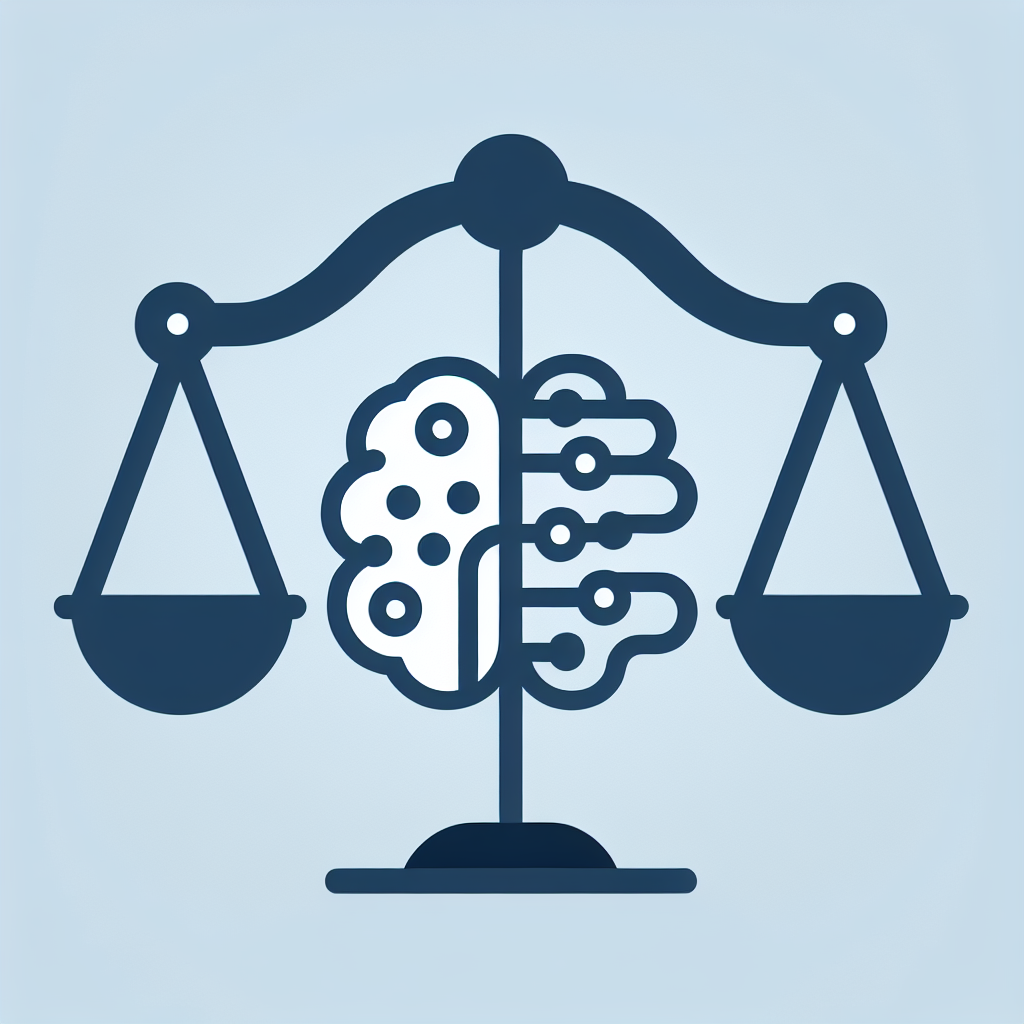Artificial General Intelligence (AGI) refers to a form of artificial intelligence that possesses the ability to understand, learn, and apply knowledge in a manner similar to human intelligence. As researchers and developers continue to make strides in the field of artificial intelligence, the question of the ethical implications of developing AGI becomes increasingly relevant. In this article, we will explore the ethical considerations surrounding the development of AGI and discuss the potential risks and benefits associated with this emerging technology.
Ethical Considerations
The development of AGI raises a number of ethical considerations that must be carefully considered by researchers, policymakers, and the general public. Some of the key ethical issues surrounding AGI include:
1. Autonomy: One of the main concerns surrounding AGI is the potential for these systems to act autonomously and make decisions without human intervention. This raises questions about accountability and responsibility, as well as the potential for AGI to act in ways that are harmful or unethical.
2. Bias and Discrimination: Like all forms of artificial intelligence, AGI systems are susceptible to bias and discrimination, which can have serious consequences for individuals and society as a whole. Developers must take steps to ensure that AGI systems are fair and equitable in their decision-making processes.
3. Privacy and Security: AGI systems have the potential to collect and analyze vast amounts of personal data, raising concerns about privacy and security. Developers must implement robust data protection measures to safeguard against misuse and unauthorized access.
4. Impact on Employment: The widespread adoption of AGI has the potential to disrupt traditional industries and lead to job displacement for millions of workers. It is important for developers to consider the social and economic implications of AGI and take steps to mitigate any negative consequences.
5. Existential Risk: Some experts have raised concerns about the potential for AGI to surpass human intelligence and pose a threat to humanity. Developers must carefully consider the risks associated with AGI and take steps to ensure that these systems are aligned with human values and goals.
Benefits of AGI
Despite the ethical challenges posed by AGI, there are also a number of potential benefits associated with the development of this technology. Some of the key advantages of AGI include:
1. Problem-Solving: AGI has the potential to revolutionize problem-solving in a wide range of fields, from healthcare to finance to transportation. These systems can analyze vast amounts of data and generate insights that would be difficult or impossible for humans to uncover.
2. Innovation: AGI has the potential to drive innovation and create new opportunities for economic growth and development. By automating routine tasks and freeing up human workers to focus on more creative and strategic activities, AGI can help businesses and industries thrive.
3. Efficiency: AGI systems have the potential to streamline processes and improve efficiency in a wide range of industries. By automating tasks that are time-consuming or labor-intensive, AGI can help organizations save time and resources while improving overall performance.
4. Personalization: AGI has the potential to revolutionize the way that products and services are delivered to consumers. By analyzing individual preferences and behavior patterns, AGI systems can tailor offerings to meet the unique needs and desires of each customer.
FAQs
Q: How close are we to achieving AGI?
A: While significant progress has been made in the field of artificial intelligence, true AGI remains a distant goal. Researchers continue to work towards developing systems that possess human-like intelligence, but there are still many technical and ethical challenges that must be overcome.
Q: What are some of the key challenges in developing AGI?
A: Some of the key challenges in developing AGI include understanding human intelligence, building systems that can learn and adapt in a flexible manner, and ensuring that these systems are aligned with human values and goals.
Q: How can we ensure that AGI is developed ethically?
A: Developers must take a proactive approach to ensuring that AGI is developed ethically. This includes implementing robust data protection measures, addressing bias and discrimination, and considering the potential social and economic impacts of AGI.
Q: What are some of the potential risks associated with AGI?
A: Some of the potential risks associated with AGI include job displacement, privacy and security concerns, and the possibility of AGI surpassing human intelligence and posing a threat to humanity. Developers must carefully consider these risks and take steps to mitigate them.
In conclusion, the development of AGI holds great promise for revolutionizing a wide range of industries and driving innovation and growth. However, it is essential that researchers and developers approach this technology with caution and consideration for the ethical implications. By addressing key ethical issues and considering the potential risks and benefits of AGI, we can ensure that this emerging technology is developed in a responsible and sustainable manner.

